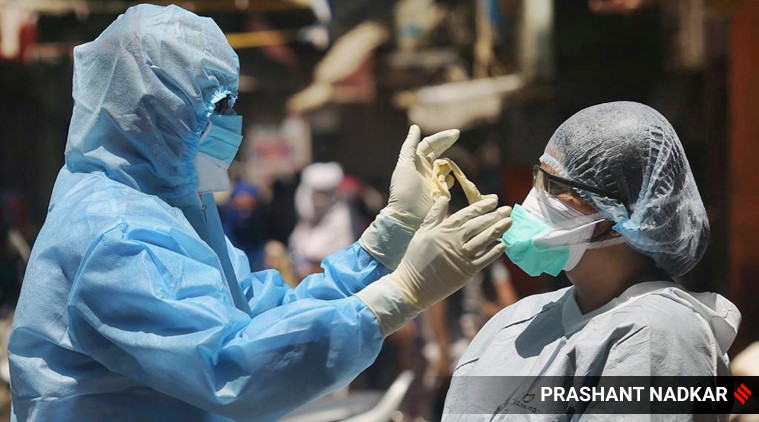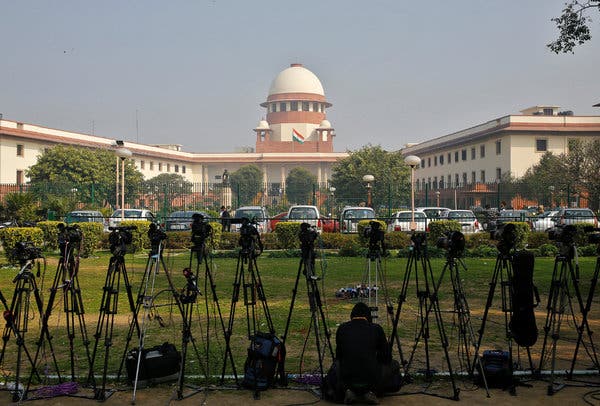Over 8 lakh case count if no lockdown, MEA cites ICMR; Health says no such report
Exposing lack of coordination within the government, the Health Ministry has rejected a statement made by the Ministry of External Affairs, which had quoted a study by the Indian Council of Medical Research (ICMR) to say that India would have had up to 8.2 lakh COVID-19 positive cases by April 15 had it not been for the 21-day nationwide lockdown. The Health Ministry on Friday said there was no such ICMR study.
On Thursday, briefing members of the foreign media in New Delhi, MEA’s Secretary (West) Vikas Swarup said, “Most importantly, epidemiologically speaking, the lockdown has reduced the reproductive rate of the virus here. Scientific estimates suggest that without social distancing measures, the reproductive rate would have been 2.5 people per day, but with the lockdown, we have been able to reduce social exposure by over 75%, leading to an infection rate of around 0.625 persons per day.” COVID-19 LIVE updates
“Let me put this another way: without the lockdown, we could have had up to 820,000 cases by 15 April. With the lockdown, we are around 6,000 cases currently. More importantly, the cases are largely localised to 78 districts that account for over 80 per cent of the cases,” Swarup said. His remarks were part of a prepared statement that was shared with members of the foreign media.
Later, during a question-and-answer session, he told them that the 8.2 lakh number was based on a study by the Indian Council of Medical Research (ICMR).
However, when asked about the purported ‘ICMR report’, the Health Ministry’s joint secretary Lav Agarwal said on Friday, “There is no such report. Please understand that if we work collectively and very hard, we will manage the cases. If we make any mistakes, we will be back to the old place where we cannot be called successful.” When asked a follow-up question, he didn’t respond.
 Screening and graded travel restrictions were put in place from mid January up to March 11
Screening and graded travel restrictions were put in place from mid January up to March 11
But, a senior government official – who is not from the Health Ministry or the MEA — said the study is based on extrapolation of data from other geographies. The report, meanwhile, has been quoted not just by the MEA but, according to highly placed government sources, has been discussed in at least one top-level meeting in the last one week.
Agarwal did not reply to messages by The Indian Express seeking further clarification on the issue.
In his interaction with members of the foreign media on Thursday, Swarup had given a detailed account of the “proactive measures” taken by the Indian government since January this year.
Listing out those measures, he said flight-screening systems started from January 17, a full 13 days before the first case was detected in India (on January 30); screening and graded travel restrictions were put in place from mid January up to March 11, when WHO finally declared COVID-19 to be a pandemic; and social distancing propagated from March 11. “Even the WHO acknowledged that our public health responses were proactive, pre-emptive and graded,” he said.






